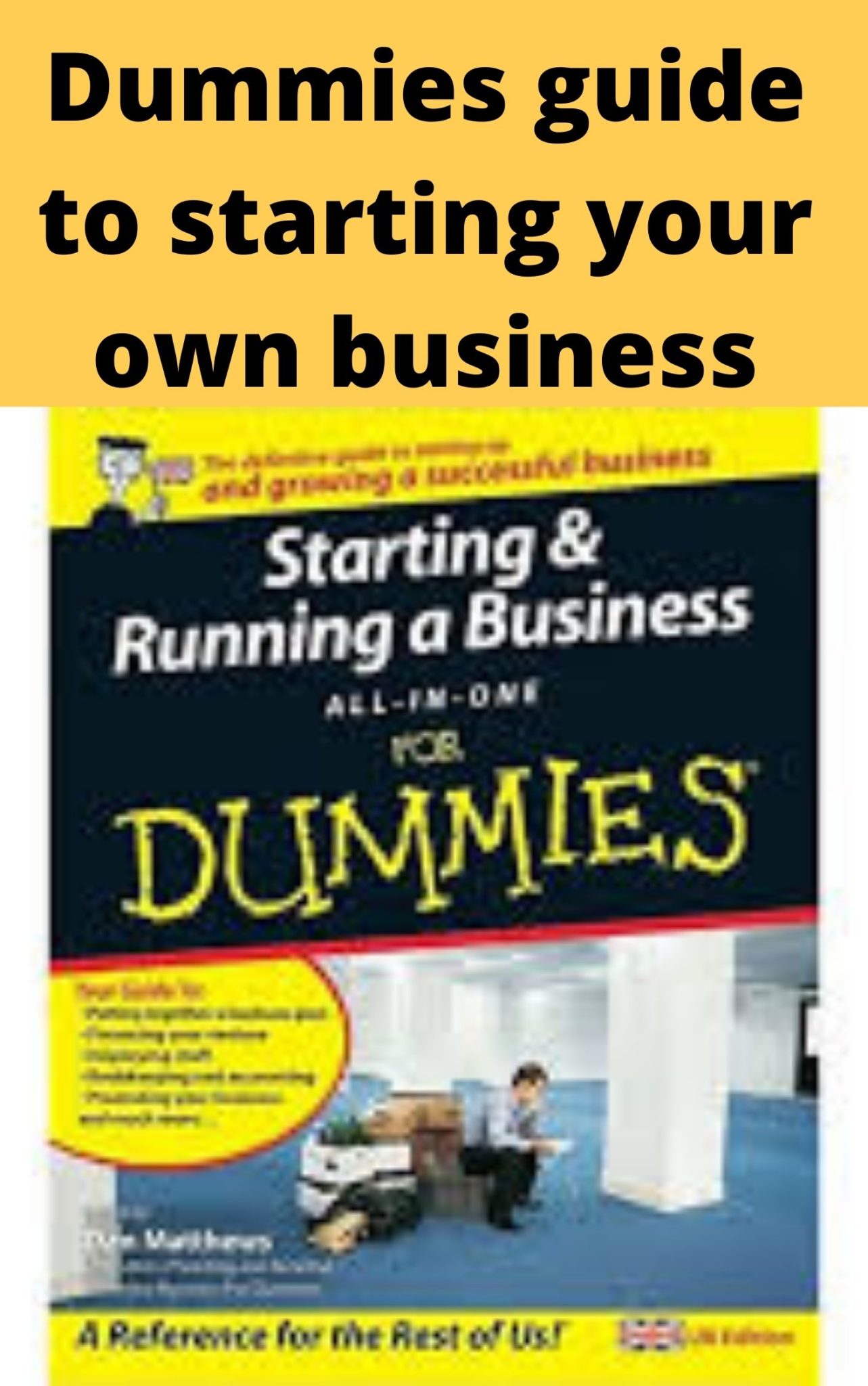As a citizen, having the freedom to start your own business is a fundamental right that can bring numerous benefits, including financial independence, personal fulfillment, and the opportunity to pursue your passions. However, the process of starting a business can be complex and overwhelming, especially for those who are new to entrepreneurship. In this article, we will explore the basics of starting a business, the requirements and regulations that apply, and provide answers to frequently asked questions.

Why Start Your Own Business?
Starting your own business can be a thrilling experience that offers many advantages. Some of the most significant benefits of entrepreneurship include:
- Financial Independence: As a business owner, you have the potential to earn unlimited income, which can lead to financial stability and security.
- Personal Fulfillment: Running your own business allows you to pursue your passions and interests, which can lead to a sense of purpose and satisfaction.
- Flexibility: As a business owner, you have the flexibility to set your own schedule, work at your own pace, and make decisions that align with your values and goals.
- Job Creation: By starting a business, you can create jobs for yourself and others, which can contribute to the growth and development of your community.
Requirements for Starting a Business
While the specific requirements for starting a business vary depending on the country, state, or province you live in, there are some general steps that apply to most jurisdictions. These include:
- Business Plan: Develop a comprehensive business plan that outlines your business goals, target market, financial projections, and marketing strategy.
- Business Structure: Choose a business structure that suits your needs, such as a sole proprietorship, partnership, limited liability company (LLC), or corporation.
- Business Registration: Register your business with the relevant authorities, such as the Secretary of State or Companies House.
- Licenses and Permits: Obtain any necessary licenses and permits to operate your business, such as a sales tax permit or food service permit.
- Insurance: Consider obtaining insurance to protect your business from risks such as liability, property damage, and employee injuries.
Regulations and Laws
As a business owner, you must comply with various regulations and laws that apply to your industry and jurisdiction. Some of the key regulations and laws that you should be aware of include:
- Tax Laws: Understand your tax obligations, including income tax, sales tax, and payroll tax.
- Employment Laws: Comply with employment laws, such as minimum wage, overtime, and workers’ compensation.
- Environmental Laws: Comply with environmental laws and regulations, such as waste disposal and pollution control.
- Consumer Protection Laws: Comply with consumer protection laws, such as product safety and advertising regulations.
Frequently Asked Questions (FAQs)
- Q: Do I need a business license to start a business?
A: Yes, you will need to obtain a business license to operate a business in most jurisdictions. - Q: How do I register my business?
A: You can register your business by filing the necessary paperwork with the relevant authorities, such as the Secretary of State or Companies House. - Q: What is the difference between a sole proprietorship and an LLC?
A: A sole proprietorship is a business owned and operated by one individual, while an LLC is a business structure that provides personal liability protection and tax benefits. - Q: Do I need insurance to start a business?
A: While insurance is not always required, it is highly recommended to protect your business from risks such as liability, property damage, and employee injuries. - Q: How do I obtain financing for my business?
A: You can obtain financing for your business through various sources, such as loans, grants, and investors.
Conclusion
Starting your own business can be a rewarding and challenging experience that offers many benefits, including financial independence, personal fulfillment, and the opportunity to pursue your passions. While the process of starting a business can be complex and overwhelming, understanding the requirements and regulations that apply can help you navigate the process with confidence. By developing a comprehensive business plan, choosing the right business structure, and complying with relevant regulations and laws, you can set your business up for success and achieve your goals. Remember to always seek professional advice and guidance when needed, and don’t be afraid to ask questions and seek help along the way.
Additional Resources
If you are interested in starting your own business, there are many resources available to help you get started. Some of the most useful resources include:
- Small Business Administration (SBA): The SBA provides a wealth of information and resources for small business owners, including business planning tools, financing options, and regulatory guidance.
- SCORE: SCORE is a non-profit organization that provides free business mentoring and education to entrepreneurs and small business owners.
- Local Business Development Centers: Many cities and towns have business development centers that provide resources and support for entrepreneurs and small business owners.
- Online Business Courses: There are many online courses and training programs available that can help you develop the skills and knowledge you need to start and run a successful business.
By taking the time to research and understand the requirements and regulations that apply to starting a business, you can set yourself up for success and achieve your goals. Remember to always stay focused, work hard, and be willing to adapt and learn as you navigate the world of entrepreneurship.
Closure
Thus, we hope this article has provided valuable insights into Starting Your Own Business: A Guide for Citizens. We appreciate your attention to our article. See you in our next article!